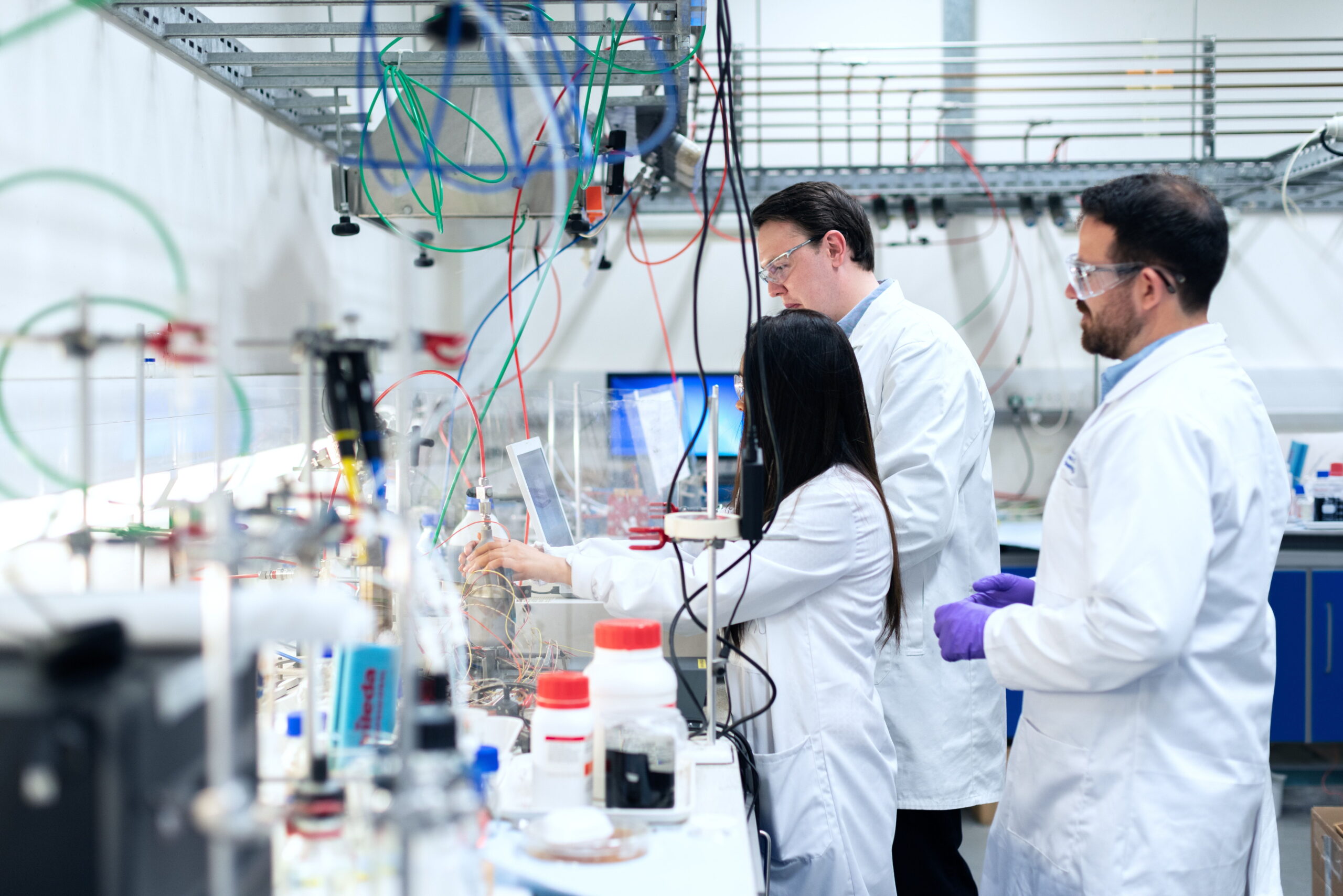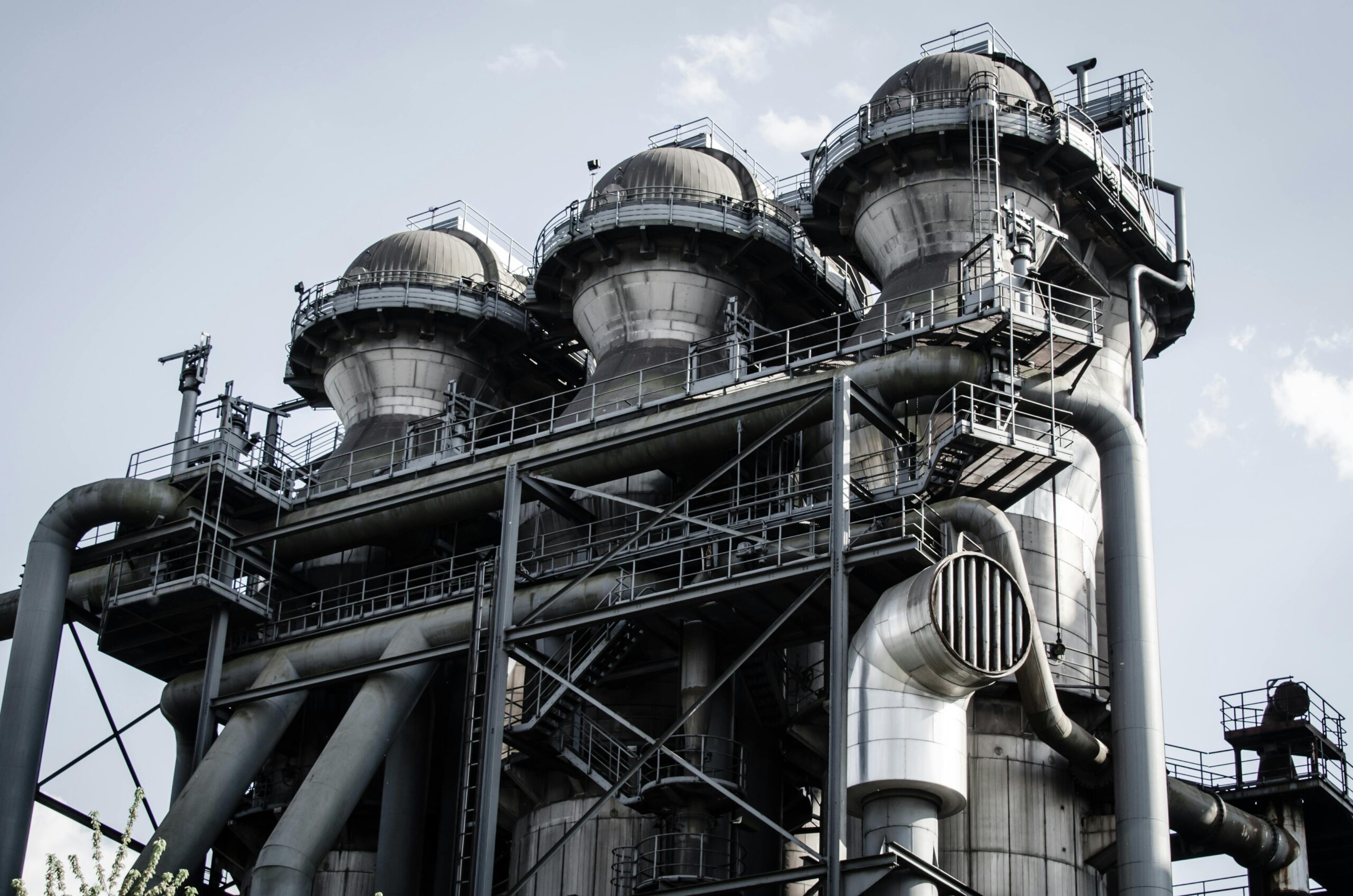Introduction: Indian technical institutes in the chemical domain have long been recognized for their ability to produce highly skilled professionals who are not just experts in their field but also possess critical thinking abilities. These institutes play a vital role in shaping the future of the chemical industry by fostering innovation, problem-solving skills, and producing high-quality human resources. In this article, we will explore how Indian technical institutes in the chemical domain cultivate critical thinkers and contribute to the development of skilled professionals.
Rigorous Curriculum: Indian technical institutes in the chemical domain offer comprehensive and rigorous curricula that emphasize both theoretical knowledge and practical application. The curriculum is designed to provide students with a solid foundation in chemical principles, process engineering, laboratory techniques, and analytical skills. By imparting a strong theoretical understanding combined with practical experience, these institutes create a conducive learning environment that promotes critical thinking.
Research and Innovation: Indian technical institutes encourage research and innovation as integral components of the learning process. They provide ample opportunities for students to engage in cutting-edge research projects, collaborate with industry professionals, and work on real-world challenges. By actively involving students in research, these institutes nurture critical thinking abilities, enabling students to explore new ideas, propose innovative solutions, and develop a deep understanding of the subject matter.
Industry-Academia Collaboration: Indian technical institutes foster strong collaborations with the chemical industry, allowing students to gain exposure to industrial practices, challenges, and opportunities. This collaboration exposes students to real-world scenarios, enabling them to develop a holistic perspective and think critically about practical applications of their knowledge. Industry interactions through guest lectures, internships, and industry-sponsored projects provide students with valuable insights, enhancing their problem-solving abilities and preparing them for the professional world.
Experiential Learning: Indian technical institutes in the chemical domain prioritize experiential learning methodologies to develop critical thinking skills. Laboratories and practical sessions play a crucial role in enabling students to apply theoretical concepts to practical situations. Through hands-on experiments, students gain a deeper understanding of chemical processes, learn to troubleshoot problems, and develop analytical thinking skills. The emphasis on experiential learning fosters a culture of inquiry, experimentation, and critical analysis.
Holistic Development: Indian technical institutes focus not only on technical knowledge but also on the overall personality development of students. They offer a range of co-curricular activities, such as seminars, workshops, and clubs, which foster creativity, teamwork, communication skills, and leadership abilities. These activities provide students with opportunities to explore interdisciplinary subjects, broaden their perspectives, and become well-rounded individuals with critical thinking abilities beyond their core domain.
Conclusion: Indian technical institutes in the chemical domain serve as breeding grounds for critical thinkers and high-quality human resources. Through their rigorous curriculum, emphasis on research and innovation, industry-academia collaborations, experiential learning, and holistic development approaches, these institutes shape students into well-rounded professionals capable of tackling complex challenges. The graduates from these institutes not only possess strong technical knowledge but also possess the ability to think critically, adapt to changing circumstances, and contribute meaningfully to the chemical industry’s growth and development. As the demand for skilled professionals continues to rise, the role of these institutions in producing critical thinkers and high-quality human resources remains indispensable.















